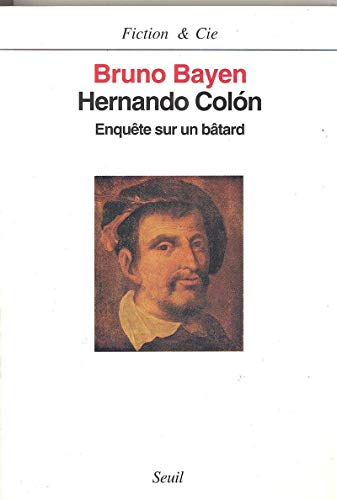Hernando's discovery of his world bears striking, sometimes uncanny resemblance to the one we are collectively discovering every day. Perhaps no one has been as helpless in the face of information as those who have lived through the beginning of the twenty-first century: the digital revolution has increased the amount of available information exponentially, and as a result we are wholly reliant on the search algorithms developed to navigate it, tools whose modes of ordering and ranking and categorizing are quickly remaking our lives. The invention of print was another such revolution, and the tools developed in response to it profoundly shaped the world until yesterday, during the age of print. The way of seeing things created by the print library has become so natural to us as to be all but invisible; we forget that its form is far from inevitable, that it was the product of specific decisions with immense consequences, consequences which our current age, sleepwalking into new ways of organizing knowledge by search algorithms, seems likely to face on an even larger and more pervasive scale.
Hernando was, in a sense, one of the first and greatest visionaries of the age of print. If his life has escaped the notice of previous generations, it was perhaps because the power of tools that order our reservoirs of information was not as obvious. To reconstruct his life is not only to recover a vision of the Renaissance age in unparalleled depth, but also to reflect upon the passions and intrigues that lie beneath our own attempts to bring order to the world.



